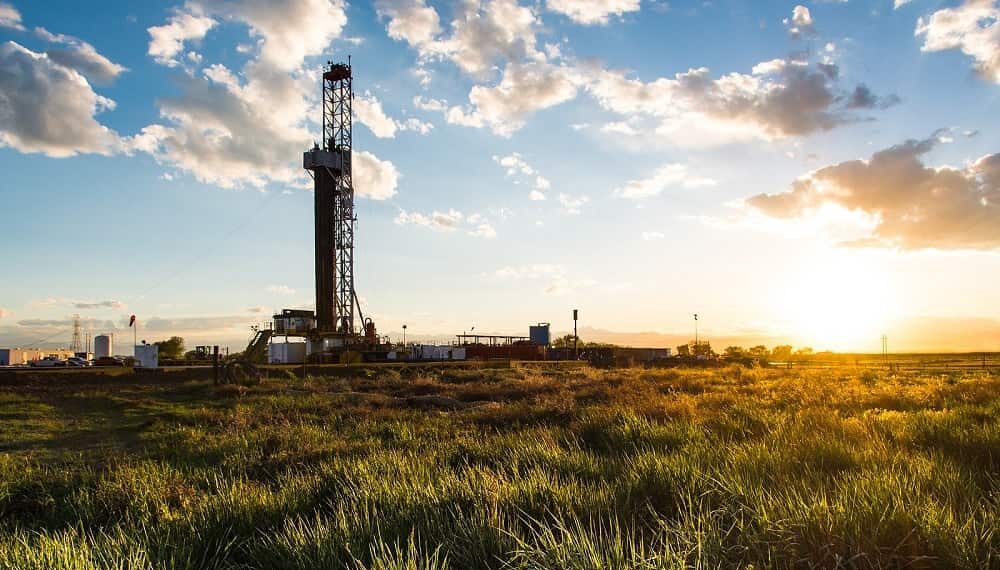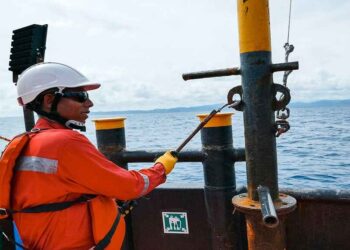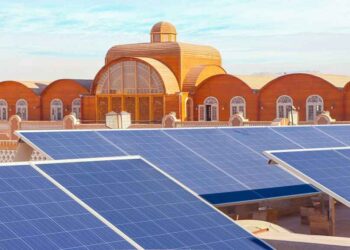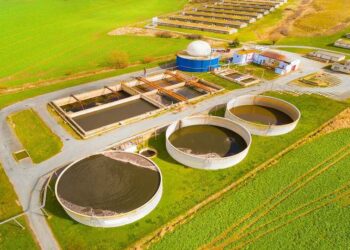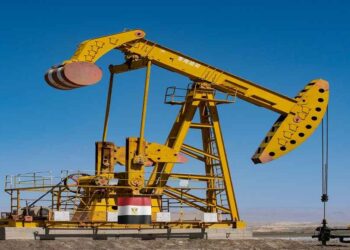Russia’s largest oil producer Rosneft said that its board has approved new strategy through to 2030 with the aim of achieving net zero emissions by 2050, earlier than President Vladimir Putin’s deadline.
Climate scientists have said the balance between the greenhouse gases we emit and those removed from the atmosphere must be zero by 2050 to prevent catastrophic levels of global warming.
Russia, the world’s no. 4 GHG emitter, however, has said it targets carbon neutrality by no earlier than 2060. Rosneft, in which BP holds an almost 20% stake, said the company will reach its emission targets “through a number of actions,” including low-carbon power generation, eliminating routine flaring of gas and energy-saving and CCS technologies.
As part of efforts to reach that goal, the share of natural gas in total hydrocarbon production will grow to 25% by 2025. Achieving a set of strategic targets is expected to contribute to a more than doubling of the company’s free cash flow by 2030, said Rosneft, which is managed by Igor Sechin, a close ally of President Vladimir Putin.
The “Rosneft-2030” strategy also targets hydrocarbon production of 330 MM tons of oil equivalent per year, it said. Output growth will be driven mainly by the flagship Vostok Oil project, large new projects, and gas projects.











































